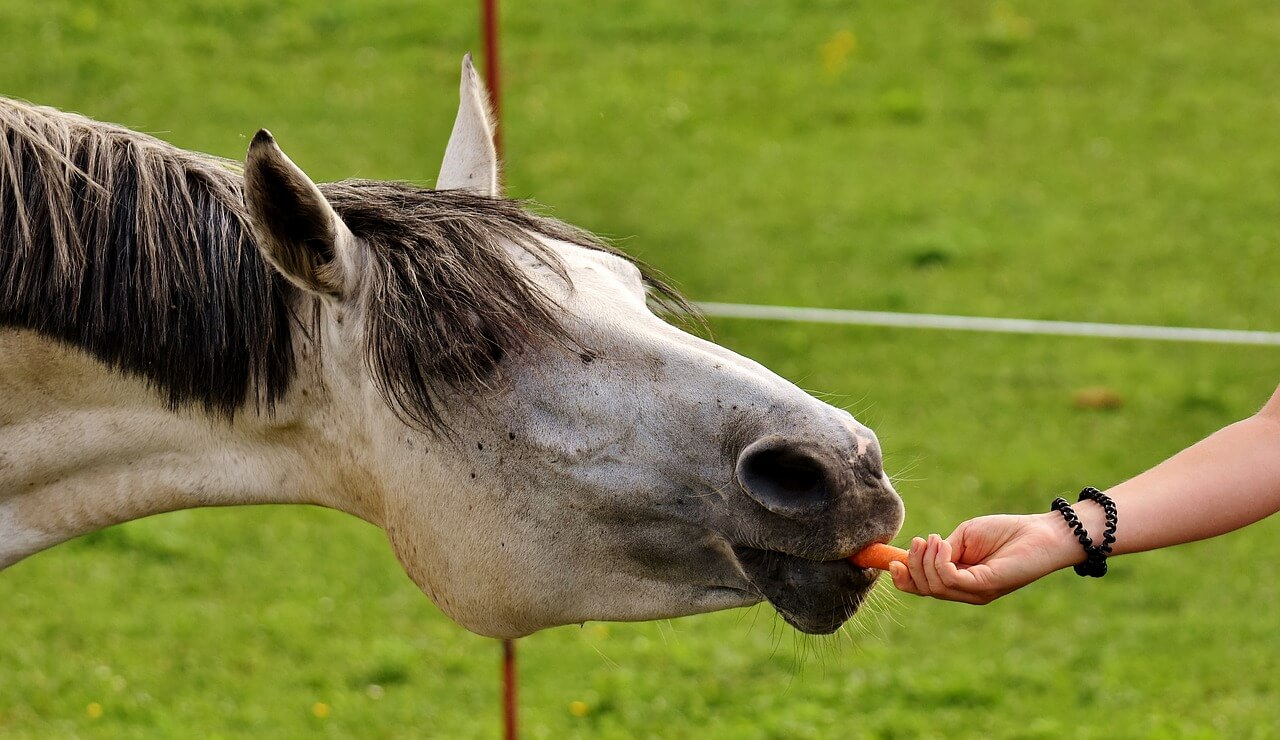
We all know that horses enjoy eating apples, but can horses eat bananas, pears, and other fruits? Yes! In fact, feeding horses different fruits on occasion gives them a bit of variety and provides them with various nutrients.
Safe Fruits
Bananas: Yes, horses can eat bananas. Bananas are an excellent source of potassium. Some owners and riders that compete with their horses are known to feed bananas (with the peel on) to their horses between competitions. Like a runner or tennis player eating bananas, horses may benefit from eating bananas as well.
Pineapple: When feeding pineapple, remove the core and the skin. Slice the pineapple into rings, then turn and slice the rings into quarters. Feed your horse small pieces. Pineapples are an excellent source of vitamin C.
Oranges: Oranges are also an excellent source of vitamin C. To feed an orange to your horse, peel off the skin and cut the orange in half. Then, cut the orange two more times to make eighths.
Coconut: You might not think that horses eat coconuts, but they do! Coconuts are high in potassium, iron, and magnesium, but are also high in fat. To feed a coconut to a horse, slice it open and scoop out the flesh. Cut the flesh in small pieces. Make sure that you do not feed a horse the husk of the coconut, as they horse cannot eat it.
Cherries: Cherries are good sources of vitamins A and C. To prepare cherries to feed to your horse, cut each cherry in half, remove the pit and remove the stem.
What about other fruits? There are a wide variety of fruits that you can feed your horse in small quantities. Apricots, blackberries, blueberries, mangoes, peaches, pears, plums, strawberries, tangerines, and watermelon (with the rind) are all safe for your horse to eat.
Unsafe for Horses to Eat
These fruits are absolutely NOT safe for your horse to eat: persimmons, rhubarb, and any foods in the nightshade family.
Feeding Fruits
A horse’s digestive system is sensitive. The best course of action when feeding fruits is to feed these in small amounts – they are great to be given as treats! Also, make sure to wash all fruits before feeding these to your horse. Do not feed fruits too frequently to your horse.
Too much can cause their digestive system to become imbalanced and may result in colic or another serious condition. Feeding too many fruits, vegetables, or any type of treat will increase the number of calories your horse intakes and this may result in unwanted weight gain.
inally, cut fruits in long strips or in small pieces. Feeding horses chunks of food may cause your horse to choke. Remember that a horse cannot throw up/vomit. Food that gets caught in a horse’s oesophagus can be very serious. If the horse is unable to dislodge the item of food by itself, it will be necessary to contact your veterinarian immediately.



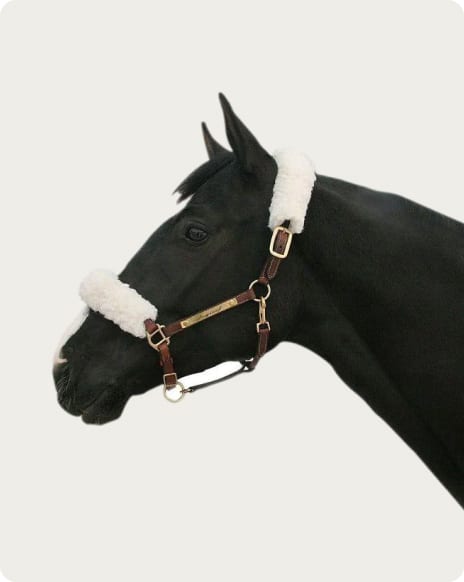
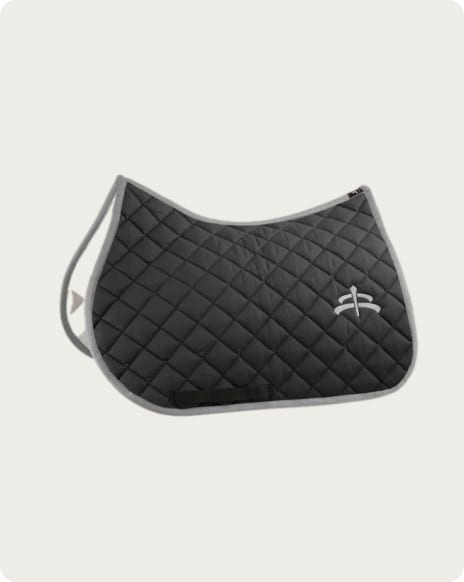
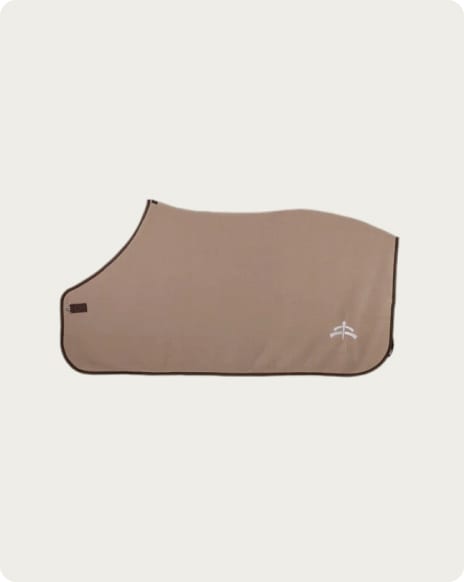
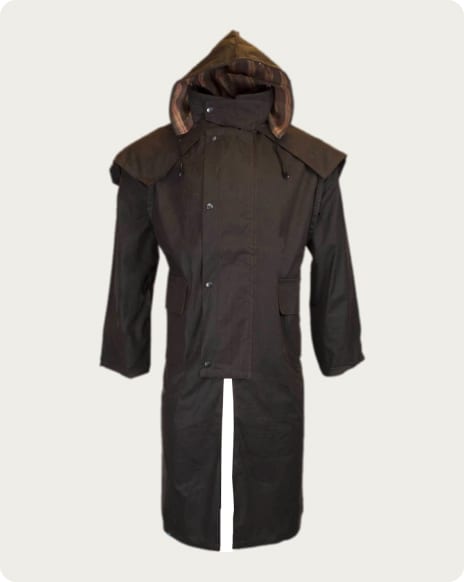

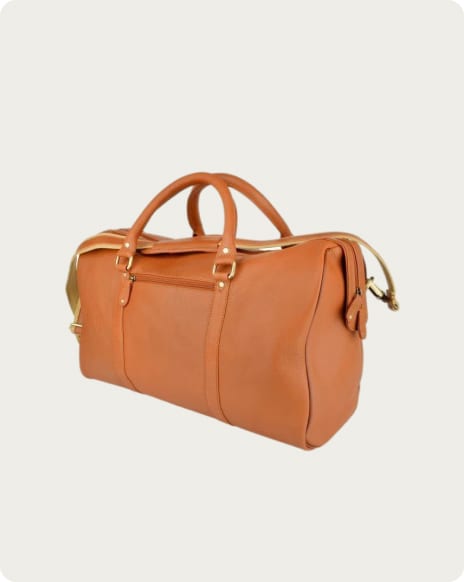
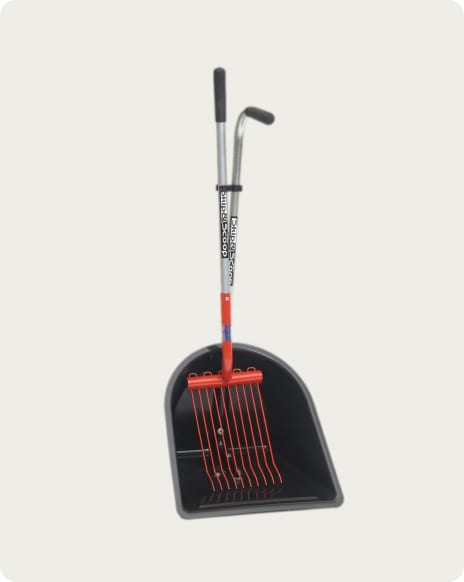

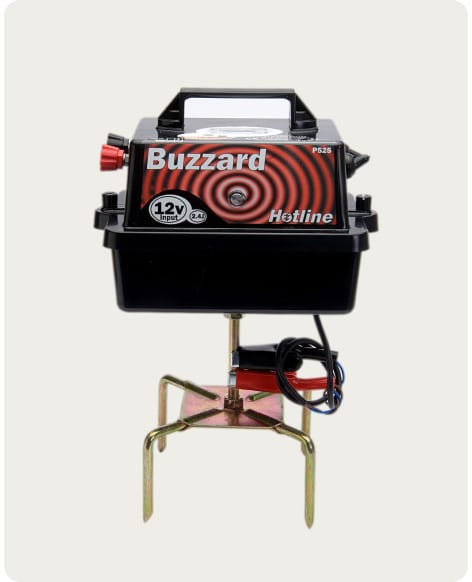
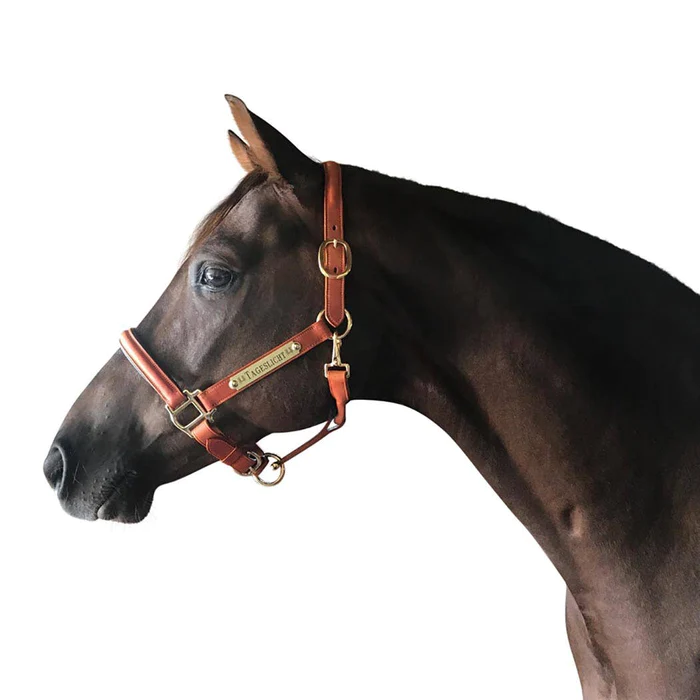
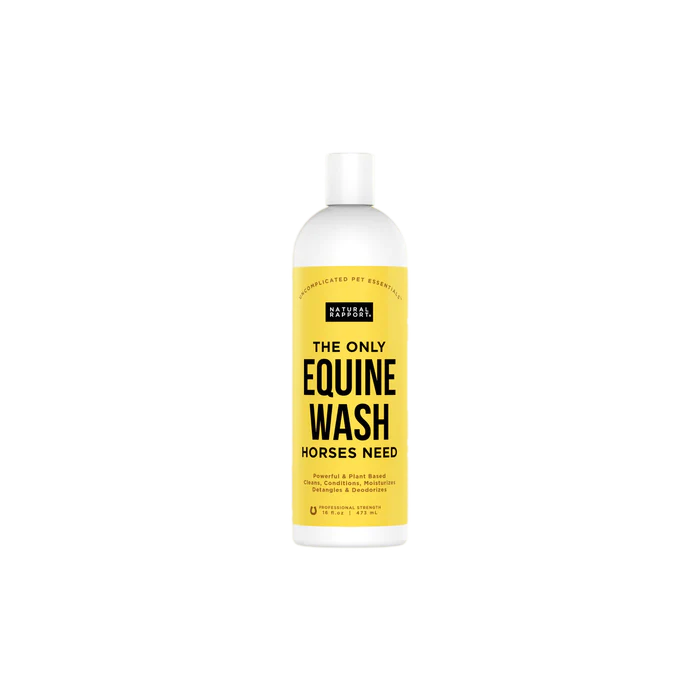
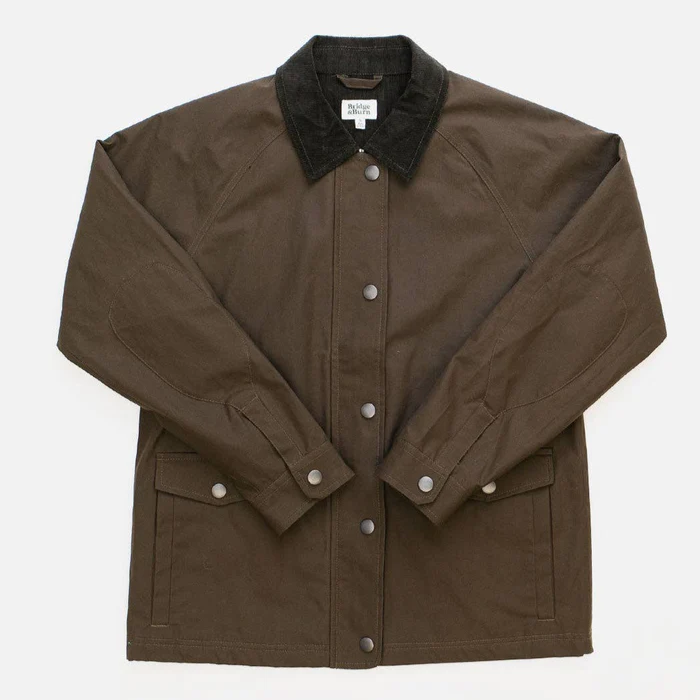

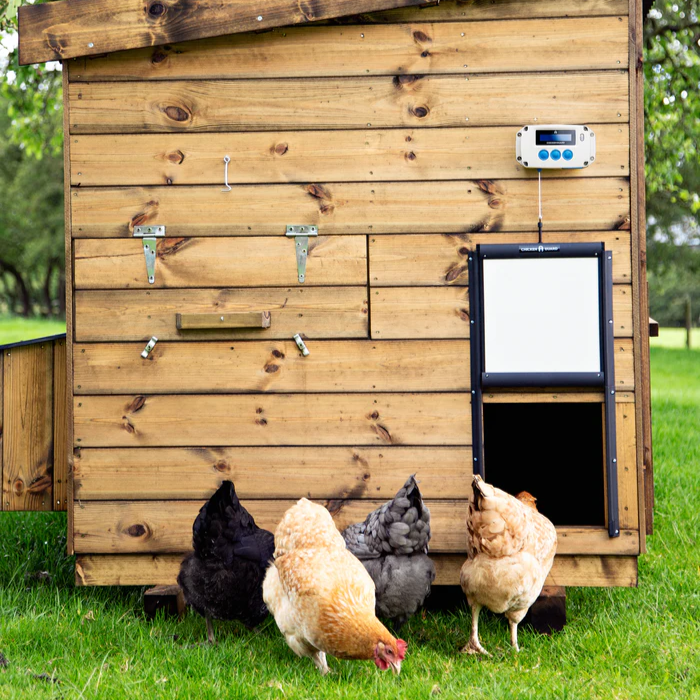



3 comments
Saylor wagner
Can horses eat dragon fruit
Can horses eat dragon fruit
Karen Petsche
What’s going on with blueberries? On the upper you said it was safe for horses to eat blueberries but then blueberries are a nightshade fruit. So which is it. I’m confused ??
What’s going on with blueberries? On the upper you said it was safe for horses to eat blueberries but then blueberries are a nightshade fruit. So which is it. I’m confused ??
Elizabeth Ross
please add avocados and anything with avocado oil to the UNSAFE LIST. this is a very popular oil right now and people need to be aware of the extreme toxicity to horses and dogs.
also…
homemade no sugar ‘butters or leathers’ are a great way to get pills down horses too. I have an old guy with arthritis and he gets a bute every so often when his hip is acting up. I wrap the bute in a few inches of homemade apricot leather and he snatches it out of my hand.
bananas in the skin, with the bottom and woody stem end removed are fine IF and only IF they are well washed ORGANIC bananas. otherwise peel them. they are also a great way to hide a nasty pill. we give our horses a half of a banana every other day in the summer time. more if the heat is excessive or we are riding them.. they and I are retired so we don’t ride too much but the heat can zap them of so many trace nutrients. Bananas and other fresh fruit and veggies can help replace them and are highly bio available.
And what about STEVIA. it’s in so many products now. is it safe for equines?
please add avocados and anything with avocado oil to the UNSAFE LIST. this is a very popular oil right now and people need to be aware of the extreme toxicity to horses and dogs.
also…
homemade no sugar ‘butters or leathers’ are a great way to get pills down horses too. I have an old guy with arthritis and he gets a bute every so often when his hip is acting up. I wrap the bute in a few inches of homemade apricot leather and he snatches it out of my hand.
bananas in the skin, with the bottom and woody stem end removed are fine IF and only IF they are well washed ORGANIC bananas. otherwise peel them. they are also a great way to hide a nasty pill. we give our horses a half of a banana every other day in the summer time. more if the heat is excessive or we are riding them.. they and I are retired so we don’t ride too much but the heat can zap them of so many trace nutrients. Bananas and other fresh fruit and veggies can help replace them and are highly bio available.
And what about STEVIA. it’s in so many products now. is it safe for equines?